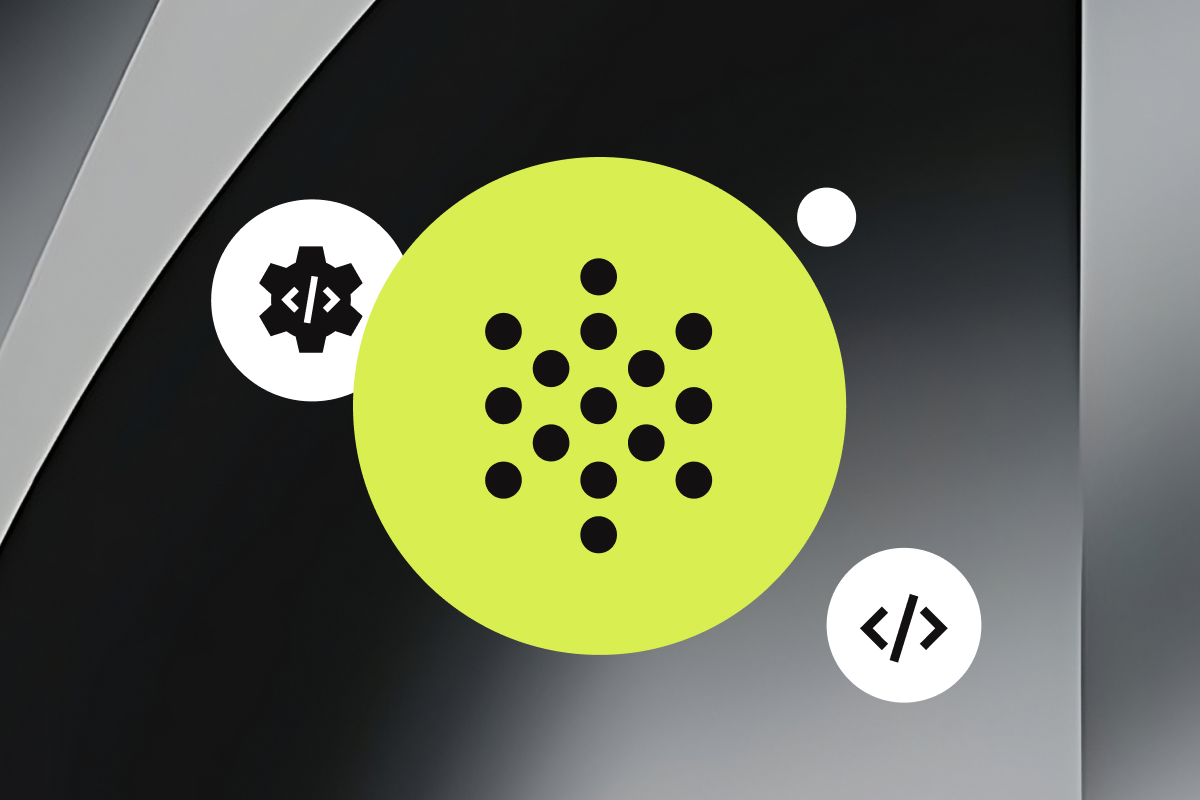I met my co-founders Tsung-Hsien Wen and Pei-Hao Su in 2014 during our time at the Cambridge Dialogue Systems Group. Even back then, academics were saying the problem of speech recognition was ‘solved’. The technology had reached “human-level performance” – meaning it was about as good as it could get. But it still wasn’t good enough to understand what people were saying in the real world, especially over noisy phone lines.
We founded PolyAI to develop voice assistants that would not only understand what callers were saying, but would actually be pleasant for people to talk to.
Today, I am thrilled to announce that PolyAI has raised $40 million in a Series B funding round led by Georgian with participation from Twilio Ventures as well as our existing investors (Khosla Ventures, Point72 Ventures, Amadeus Capital Partners), bringing our total funding to $70 million!
Our voice assistants are now answering calls for dozens of exciting companies like FedEx, Marriott hotels and Whitbread PLC. Listen to a call from one of our live voice assistants below.
Building voice assistants that speak to people as people speak to each other
Many people have become used to the narrow capabilities of voice technology. We hear that we’re speaking to a bot, and we speak back in a robotic way.
At PolyAI, we’ve found that the better our voice assistants understand callers, the more callers become open to speaking more naturally. And the more naturally callers speak, the better our voice assistants are able to solve their problems.
Our entire tech stack was purpose-built to understand people whatever they say and however they speak, regardless of accent or background noise. Our voice assistants can carry on a conversation for as long as it takes to solve a customer’s query, while callers are free to deviate from standard customer journeys or change their minds half-way through the conversation.
We believe that every customer deserves the best, which is why our voice assistants measure satisfaction throughout every call, and hand off at any sign of trouble. In this way, we build trust with the caller and ensure that they don’t feel like they are stuck in a self-service labyrinth.
What’s next for PolyAI?
I am immensely grateful to everyone who contributed to PolyAI over the years and helped us get to this point. I’d also like to give a shoutout to our early adopter clients who saw the power of our technology before we’d necessarily found the right ways to tell them about it. I count myself lucky to have worked with so many amazing people, and I can’t wait to see what the future holds.
We’ve seen over 5x growth this year alone. As of this week, PolyAI has over 100 employees. We’ve opened offices in New York and California in addition to our home base in London. And we’re working with more and more exciting companies in retail, financial services, hospitality and healthcare.
We’re on a mission to make enterprise voice assistants that customers love. The days of shouting “AGENT!” to a robotic IVR are nearly over. Hang in there – we’ll see you on the other side!




